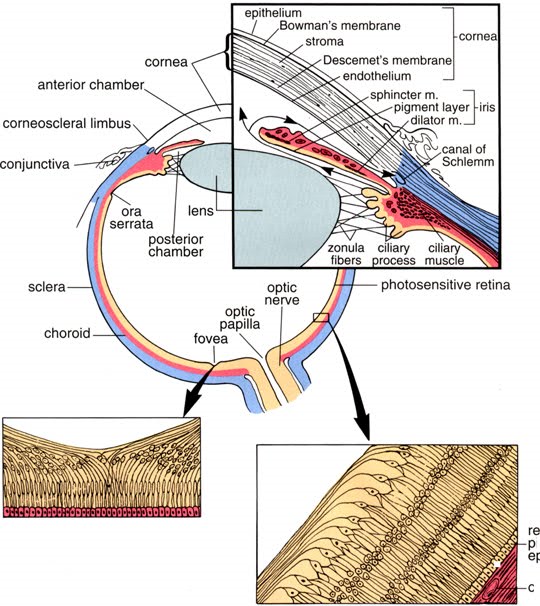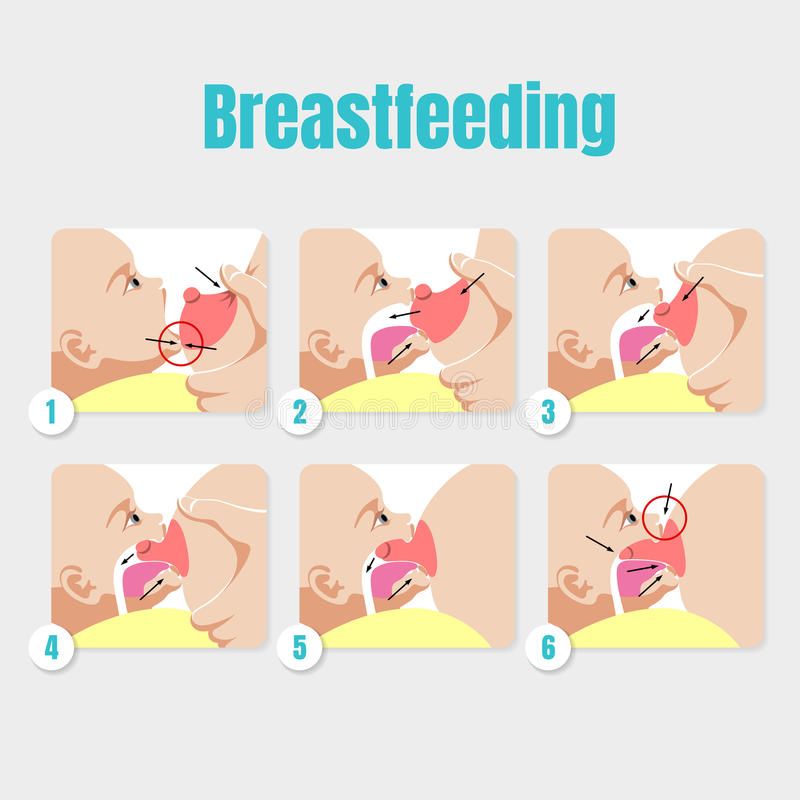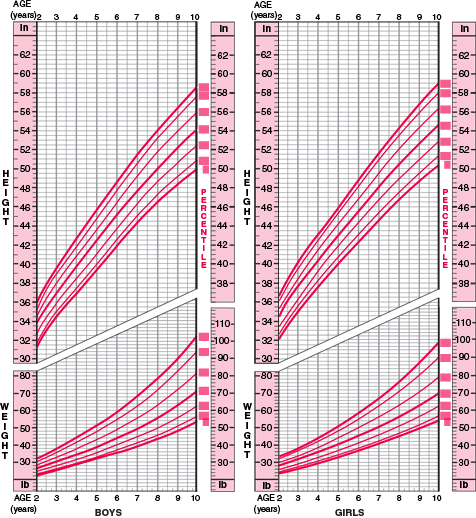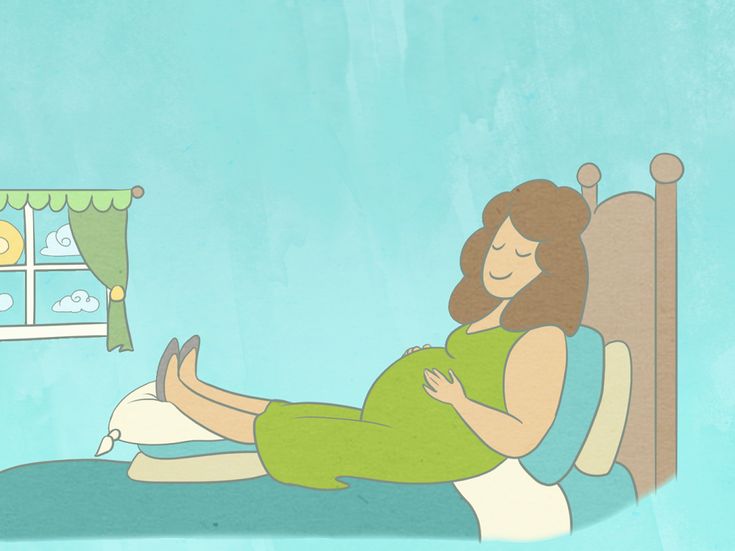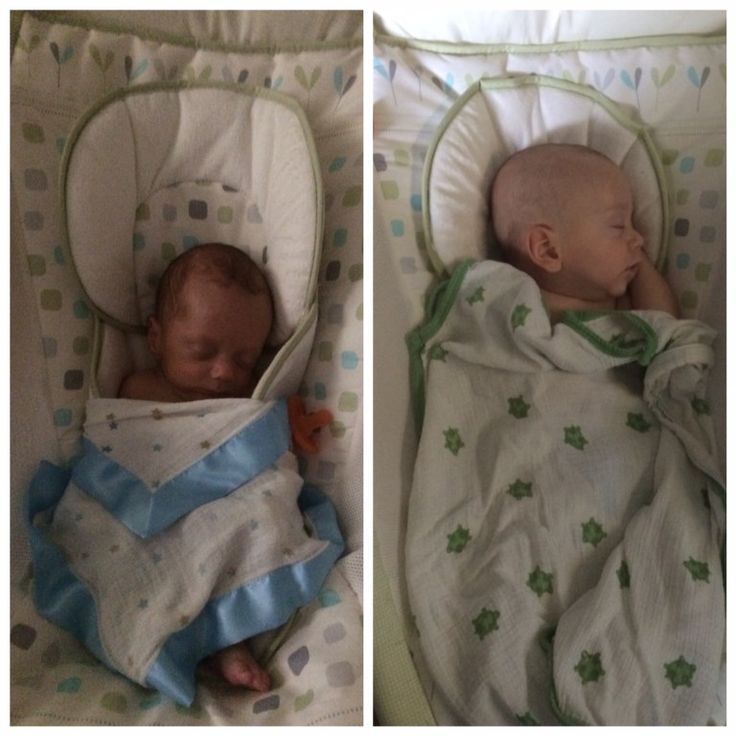Bonding after birth
The Importance of Infant Bonding
When a caregiver consistently responds to an infant’s needs, it sets the stage for the growing child to enter healthy relationships with other people throughout life and to appropriately experience and express a full range of emotions.
By Mary Beth Steinfeld, M.D.
The process of bonding with a new baby is natural for most mothers. Left alone, new mothers will hold their baby next to their bodies, rock them gently, strive for eye contact, sing or talk to the baby and begin to nurse. Often within just hours of birth, mothers report feelings of overwhelming love and attachment for their new baby.
A normal, full-term baby is also programmed to initiate and enter into a bonding relationship. Crying and making other noises, smiling, searching for the breast, and seeking eye contact give cues for a caring adult to respond.
When a caregiver consistently responds to an infant’s needs, a trusting relationship and lifelong attachment develops. This sets the stage for the growing child to enter healthy relationships with other people throughout life and to appropriately experience and express a full range of emotions.
An optimum opportunity
Dr. Steinfeld is a developmental and behavioral pediatrician at UC Davis Medical Center and UC Davis Children's Hospital in Sacramento.
But what happens when things don’t work out so well? What if babies and their mothers are separated at birth, as when babies are premature or ill and need special care? Or babies who are placed for adoption and may not meet their adoptive mother for quite some time after birth? Sometimes a new mother feels depressed or incapacitated after delivery and doesn’t feel like interacting with her newborn.
Fortunately, humans are not completely dependent on those early moments and have many opportunities to bond appropriately throughout the first year of life. We know that mothers who adopt babies and even older children are able to form normal attachment relationships.
Still, the first few days of life are believed to offer an optimum opportunity for bonding to take place. Standard practice in most U.S. hospitals allows mothers and babies as much time as possible together after birth. Even when babies are born ill or premature, the importance of bonding is recognized. Whenever possible, health care providers in intensive care units try to create opportunities for parents to spend time holding and caring for their babies.
Dads and siblings, too
Babies who are held and comforted when they need it during the first six months of life tend to be more secure and confident as toddlers and older children.
Is it important for fathers to bond with their babies? Absolutely. New fathers often feel less confident than new mothers around a baby, and may feel excluded in the close relationship that develops between the mother and baby. If a baby is breastfed, fathers may be uncertain about what activities they can engage in with the new baby.
Like mothers, fathers need quiet time to spend holding their new babies close, gazing into their eyes, talking to them and comforting them when distressed. Fathers may wish to take walks with their babies tucked into a Snugli-type carrier or simply hold a quiet baby while reading or watching TV.
Brothers and sisters also need time and opportunities to establish a relationship with a new baby. You might offer young children who are too unreliable to hold a baby safely to have brief, supervised periods playing next to a brother or sister in a large crib or playpen. Such times often elicit unique responses of excitement and joy from the baby and allow loving relationships to develop successfully.
The 'spoiling' myth
While bonding does not occur instantly for everyone, it should be well established within the first few months after you bring your baby home.
The importance of bonding with the primary caregiver cannot be overestimated. Failure to do so profoundly affects future development and the ability to form healthy relationships as an adult.
I urge parents to give themselves plenty of time with their baby and to follow their instincts. Respond to the baby’s cues, and offer love and comfort when distressed.
Contrary to the “wisdom” in past generations, responding quickly to crying with holding and nursing will not “spoil” a baby. Instead, babies who are held and comforted when they need it during the first six months of life tend to be more secure and confident as toddlers and older children.
Seek help if you feel that bonding is not progressing as it should. While bonding does not occur instantly for everyone, it should be well established within the first few months after you bring your baby home. For any problem with your baby, ask your physician for help if you feel there is something wrong.
Early bonding with your baby creates 'golden hour'
The first few minutes after birth are a magical time for bonding with baby.
“I think for a lot of moms, it’s finally that moment where they can just breathe, and at least for me, when I held our first, it was like, you know, this was nine months of not knowing what this child looked like, what they felt like, and finally I can feel that,” said Dr. Michelle Schimelpfenig, a pediatrician at Sanford Health in Sioux Falls, South Dakota.
Michelle Schimelpfenig, a pediatrician at Sanford Health in Sioux Falls, South Dakota.
Research has shown that what happens during the first 60 minutes of a baby’s life, which is often referred to as the golden hour, can maximize the bonding between mother and child.
“The golden hour is very beneficial and critical for even years down the road between both mom and baby. It’s super helpful to stabilize the newborn coming out of utero, as well as bonding,” said Tenelle Choal, a certified nurse-midwife at Sanford Health in Sioux Falls.
Bonding with baby a priorityIn the past, bonding with baby often took a back seat to medical procedures. New moms watched their babies being handed to a nurse for examination, cleaning and other details. After all the waiting, the new parents would finally get to hold their baby.
Health care providers now know there’s a better way to spend the first 60 minutes of life.
“Every situation is a little bit different, but in the perfect situation where everything has gone well, baby would be delivered and then immediately baby would go onto mom’s chest and they would do skin-to-skin,” said Dr. Schimelpfenig.
Schimelpfenig.
Many hospitals and birthing centers now encourage parents to wait at least an hour before introducing baby to family and friends. Instead, they encourage mother and baby to stay together and, if desired, focus on giving the newborn a chance to breastfeed.
Skin-to-skin contact and the baby’s suckling at the breast brings benefits to mom and baby.
“For baby, it helps for thermal regulation, or a fancy term for helping baby regulate temperature, as well as stabilizing blood sugar,” said Choal. “And then for mom, it helps mom produce hormones that help her to breastfeed and produce milk, as well as decrease stress and anxiety and depression for her.”
As a certified nurse midwife, Choal said she also sees less crying and fussiness with infants that have experienced the golden hour. Research shows these infants also have a history of better sleep quality, growth and breastfeeding rates.
Finding ways to bondConventional procedures such as weighing, measuring, bathing, injections or blood tests should wait until after the first feeding, according to Dr. Schimelpfenig.
Schimelpfenig.
Even in cases where medical emergencies may change a family’s birth plan, it is possible to take advantage of bonding time in the first few minutes. If a baby needs medical attention or extra stimulation to start breathing, the child can be moved from the exam table to the mother’s chest as soon as the baby is stabilized.
Women who have a planned or unplanned cesarean section may need to wait a few moments to be able to hold the baby. In most cases, after a quick assessment, nurses can move the baby to the mother’s chest. The baby can stay at her mother’s side until she is settled into the recovery room and ready to nurse.
Golden hour benefits for mom and babyDuring labor and the minutes and hours afterward, the mother’s body experiences several amazing changes. Giving birth generates changes in a woman’s brain chemistry that increases desire to nurture.
Dr. Schimelpfenig said establishing breastfeeding early on will support good milk supply within the first week. This helps infants regain birth weight and lessens the chance of other health issues.
This helps infants regain birth weight and lessens the chance of other health issues.
“If we can work to get nursing established, to have successful breastfeeding, to have ample milk supply, then mom’s milk will come in eventually. And that will really help mitigate or decrease bilirubin (a substance in the blood that can cause newborn jaundice), because the more the baby eats, the more they poop, the more they pee, the more that it flushes out the bilirubin,” she said.
Most hospitals and birthing centers encourage breastfeeding because it protects against certain diseases later into life as well.
“Breastfeeding is great. Current research shows 13 weeks of breastfeeding protects against gastroenteritis for approximately seven years. Four months of breastfeeding protects against ear infections for three years. Fifteen weeks of breastfeeding protects against respiratory infections for seven years, and six months of breastfeeding can protect against Hodgkin’s disease,” said Choal.
Any amount of breastfeeding is shown to protect against wheezing and bronchitis for six to seven years, and it protects against Hib meningitis for up to 10 years.
Expectant mothers should talk with family members and medical staff about their plans for the minutes after birth.
“I think that there is enough research and studies to prove that (the golden hour) is something worth fighting for. And I think from a hospital culture standpoint, you will find most hospitals are going towards as much skin-to-skin and as minimal amount of interventions as we can within the first hour,” said Dr. Schimelpfenig.
Learn more
- The importance of skin-to-skin with baby after delivery
- Learn secrets for an easier labor and delivery
- What to consider when planning where to have your baby
…
Posted In Children's, Pregnancy, Sioux Falls, Women's
90,000 error 404-Charity Fund "Life Road"donate
Method Method:
Online on the site
Sberbank-Online
SMS-Monation
Tinkoff Mobail
Banking Translation
Online on Saithitsberbank-Ronolin-Ronolin donation Tinkoff-mobile
3 000 ₽
By filling out this form, you accept the terms of the offer.
I give you permission to send me letters
Help
In Sberbank Online , select the tab Payments , then Other and in the line that appears, enter the name Road of Life .
Please make a note when translating.
Sorry, donations to charities cannot be made using the iOS mobile app. This is Apple's policy. But you can always make a transfer through the web version of Sberbank Online, any branch or ATM of Sberbank.
Send an SMS message with the text YOU NEED or MY PEOPLE (space) the donation amount to the short number 3434.
In Tinkoff mobile further text is needed
Charitable Foundation for orphans and children left without parental care, "Road of Life"
1. Settlement account with Sberbank of Russia
Settlement account with Sberbank of Russia
| TIN and KPP FUND | 9705081012 / 770501001 |
| PSRN | 1167700073530 |
| Settlement account | 40703.810.8.38000008445 |
| Bank | PJSC SBERBANK, MOSCOW |
| BIC | 044525225 |
| Corr. account | 30101810400000000225 |
| Executive Director | Kotelnikova Anna Sergeevna acts on the basis of Charter |
ATTACHMENT: HOW IT AFFECTS THE DEVELOPMENT OF THE CHILD
PUBLIC OFFER ON THE IMPLEMENTATION OF GONNA CHARITY ACTIVITIES (DONATIONS)
1. 1. This public offer (hereinafter referred to as the “Offer”) is an offer by the Worthy Citizen Charitable Foundation represented by Executive Director Alexander Leonidovich Viktorov, acting on the basis of the Charter (hereinafter referred to as the “Beneficial Recipient”), to conclude an agreement on the implementation of gratuitous charitable activities on the conditions indicated below ( donations) (hereinafter referred to as the “Agreement”) with any capable individual or legal entity that has responded to such an offer (hereinafter referred to as the “Philanthropist”).
1. This public offer (hereinafter referred to as the “Offer”) is an offer by the Worthy Citizen Charitable Foundation represented by Executive Director Alexander Leonidovich Viktorov, acting on the basis of the Charter (hereinafter referred to as the “Beneficial Recipient”), to conclude an agreement on the implementation of gratuitous charitable activities on the conditions indicated below ( donations) (hereinafter referred to as the “Agreement”) with any capable individual or legal entity that has responded to such an offer (hereinafter referred to as the “Philanthropist”).
1.2. The Beneficiary is a non-profit charitable organization established in the form of a foundation, operating on the basis of the Charter, has the necessary rights to receive a Donation in the interests of carrying out its statutory activities.
1.3. This Offer is a public offer in accordance with paragraph 2 of Art. 437 of the Civil Code of the Russian Federation. Making a Donation to the Beneficiary is considered an acceptance of this Offer on the conditions specified below.
1.4. The Beneficiary is ready to conclude donation agreements in a different manner and (or) on other conditions than provided for in the Offer, for which any interested person has the right to apply to the Beneficiary to conclude the relevant agreement.
- Subject of the Agreement:
2.1. The Benefactor voluntarily and disinterestedly (free of charge) in the procedure for making a charitable donation transfers funds to the Beneficiary in the amount determined by the Benefactor (hereinafter referred to as the "Donation"). The fact of transferring the donation indicates the full consent of the Benefactor with the terms of this agreement.
2.2. The Beneficiary accepts the Donation and undertakes to use the funds received from the Donor under this Agreement strictly in accordance with the current legislation and within the framework of the statutory activities.
2.3. The place of conclusion of the contract is the city of Moscow. In accordance with paragraph 3 of Art. 434 of the Civil Code of the Russian Federation, the contract is considered concluded in writing.
In accordance with paragraph 3 of Art. 434 of the Civil Code of the Russian Federation, the contract is considered concluded in writing.
- Transfer order Donations and other conditions:
3.1. The Benefactor independently determines the amount of the Donation and pays it to the Beneficiary in any convenient way indicated on the official website of the Beneficiary www.blago-dg.ru (hereinafter referred to as the "official website").
3.2. The Benefactor can make a donation through the bank using the Beneficiary's details, including through the personal account on the website of the Donor's bank; use the electronic payment system by making a donation with a credit card or electronic cash; write off funds from the mobile phone account or send SMS messages. The document confirming the making of the Donation is a message sent by the Beneficiary or his paying agent to the contact details of the Benefactor, specified by him when making the Donation, or a mark on the execution of the payment order in the Benefactor's bank.
3.3. Making a Donation by the Benefactor means the full and unconditional consent of the Benefactor with the terms of this Offer. The offer is considered accepted by the Benefactor at the moment the Donation is made by the Benefactor to the Benefactor.
3.4. The Beneficiary undertakes to take all reasonably necessary actions to accept the Donation from the Benefactor and use it properly.
3.5. The Benefactor confirms that the Donation made to the Beneficiary belongs to the Benefactor by right of ownership, the Benefactor has the right to single-handedly dispose of the relevant property and / or has received all the necessary consents and permits for such disposal, and that the property does not have any encumbrances. The Benefactor hereby confirms that he is not aware of any circumstances or requirements that prevent the Donation from being made to the Beneficiary and its subsequent use by the Beneficiary in accordance with this Agreement.
3.6. The donation made by the Benefactor, indicating the name and surname of the Beneficiary's ward, is used by the Beneficiary to assist this person. At the same time, the Benefactor agrees that if the Beneficiary receives Donations in respect of a ward in an amount exceeding the amount necessary to provide assistance to this
At the same time, the Benefactor agrees that if the Beneficiary receives Donations in respect of a ward in an amount exceeding the amount necessary to provide assistance to this
ward, the Benefactor has the right to use such additional amounts of Donations to assist other wards of the Beneficiary. If the donation transfer method chosen by the Benefactor does not allow specifying the “purpose of payment”, the Benefactor has the right to clarify the purpose of the donation by sending an e-mail to the Benefactor [email protected]
3.7. The beneficiary publishes information about his work and reports on the results of activities on the official website.
3.8. At the request of the Benefactor, the Beneficiary confirms the intended use of the donations received with the relevant accounting documents.
3.9. The Beneficiary does not bear any other obligations to the Benefactor, except for the obligations specified in this Agreement.
3.10. Unless otherwise provided by applicable law, the Donation is not subject to VAT, and the Benefactor is entitled to receive a social tax deduction for the amount of charitable donations made by him.
- Offer Validity:
4.1. This Offer shall enter into force on the day following the day of its placement on the official website of the Beneficiary.
4.2. The offer is unlimited. The Beneficiary has the right to withdraw the Offer at any time, or change the text of the Offer without prior notice; changes are effective from the day following the day of its publication on the site.
- Consent to the use of personal data Benefactors - individuals:
5.1. By accepting the Offer, the Benefactor - an individual gives the Beneficiary consent and the right to process the personal data of the Benefactor (last name, first name, patronymic, address, place of residence, mobile phone number, email address, bank details) in order to fulfill obligations arising from or in connection with conclusion of the Agreement, including the following actions: collection, recording, systematization, accumulation, storage, clarification (updating, changing), extraction, use, transfer (distribution, provision, access), depersonalization, blocking, deletion, destruction of personal data.
5.2. The Beneficiary undertakes to anonymize the personal data of the Benefactor in the information materials published by the Beneficiary, ensuring that third parties cannot unambiguously identify personal data.
5.3. With regard to the personal data of the Benefactor, the Beneficiary undertakes to carry out only those actions in respect of which the consent of the Benefactor has been obtained or in respect of which, in accordance with applicable law, the Benefactor's permission is not required.
5.4. Consent to the processing of personal data is valid for 3 (three) years from the date of its provision. Such consent may be withdrawn by the Benefactor at any time by sending a written notice to the Beneficiary at least 5 working days before the expected date of withdrawal of such consent.
- Consent to the use of information about the Benefactors - legal entities:
6.1. By accepting the Offer, the Benefactor - a legal entity gives the Beneficiary consent and the right to process information about the Benefactor (names, location, donation amount), including providing an unlimited number of persons by posting on the Beneficiary's official website on the Internet, in order to fulfill obligations arising from or in connection with the conclusion of the Treaty.

